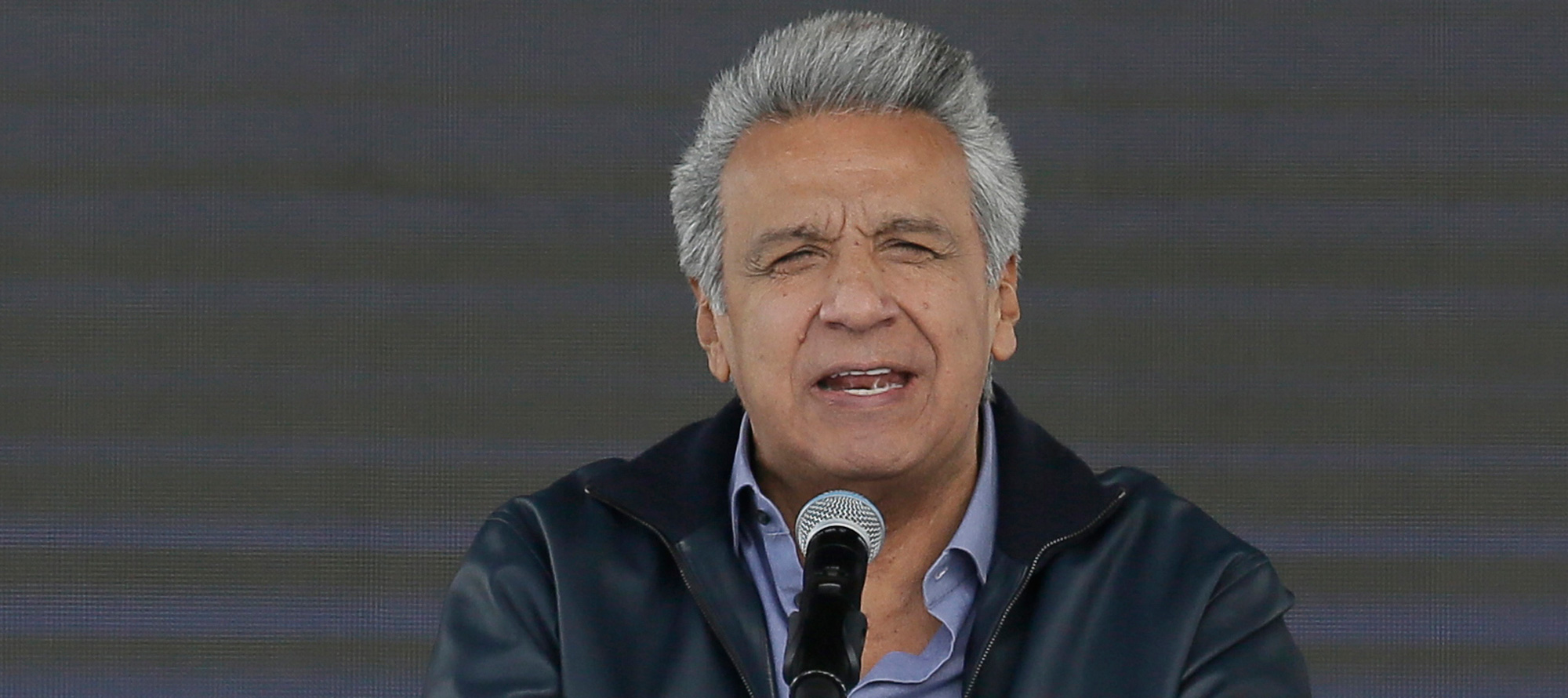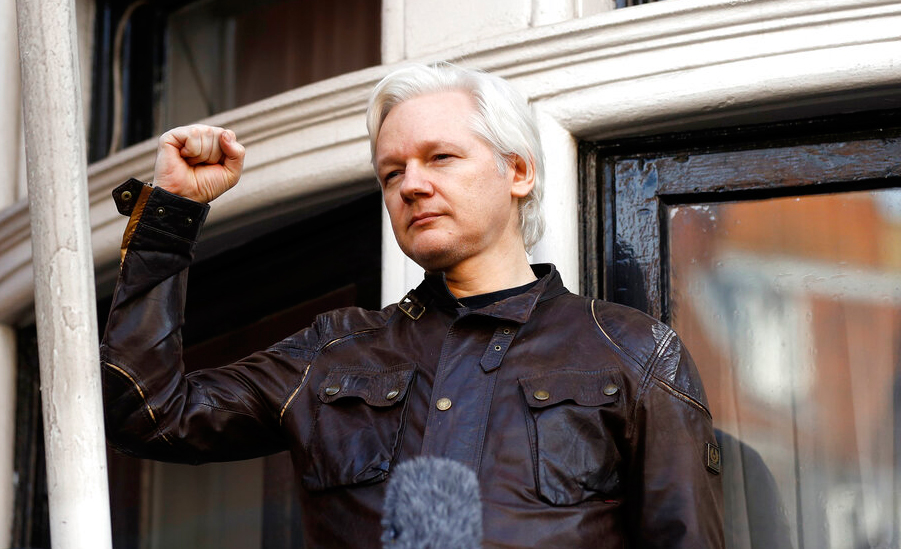The secrets came directly from the phones of President Lenin Moreno of Ecuador: intimate pictures of him and his family on vacation, text messages from his wife, even a photograph of the President himself in a posh bedroom, eating a lobster in bed.
The material, published last month on an anonymous website, was particularly embarrassing because Moreno was in a bruising national fight over his austerity measures. But rather than mount a defence, the President played the victim: He blamed WikiLeaks, whose founder, Julian Assange, had spent the last seven years holed up in the country’s London embassy.
WikiLeaks’ actions were “despicable”, said the country’s vice-president on television, vowing to take action. The group denied leaking the information, but on Thursday Ecuador made good on its threat — opening the door to British police officers who carted away Assange.
With that, Assange’s long refuge inside the Ecuadorean embassy finally came to an end, the capstone of an international cat-and-mouse game involving stolen document dumps, promises of more to come, failed efforts to contain him and accusations of blackmail.
Even as Ecuador harboured Assange from international prosecution, he and WikiLeaks wielded the threat of releasing damaging information against the Ecuadorean government.
In October 2016, as WikiLeaks was releasing thousands of emails hacked from the Democratic National Committee and the personal account of John D. Podesta, the chairman of the Clinton campaign, Ecuador restricted Assange’s access to the Internet, citing his interference in a foreign election.
The US may have played a central role in the effort to corral Assange. On October 14, with the emails upending the campaign and the election just weeks away, a confidante of the Clintons and a top aide to secretary of state John Kerry showed up at a dinner party hosted by the Ecuadorean ambassador before a ball, lingering with him as other guests left, several attendees said.
Assange’s Internet was curtailed by the Ecuadorean Embassy the very next day.
But WikiLeaks quickly retaliated, issuing a cryptic message that a leak against Ecuador was on its way. The tactic seemed to work. Two months later, Assange said in an interview that his Internet had been restored. Assange has been hailed by many around the world as a champion of transparency and a casualty of his own success at revealing secrets.
In Britain, the leader of the Opposition Labour Party, Jeremy Corbyn, said this week that his country should oppose the extradition of Assange to the US — where he faces a charge of conspiring to hack a Pentagon computer network in 2010 — because the WikiLeaks founder was being pursued for “exposing evidence of atrocities in Iraq and Afghanistan”.
Diane Abbott, another Labour Party official, made the same assertion, arguing that Assange “is not being pursued to protect US national security; he’s being pursued because he has exposed wrongdoing by US administrations and their military forces”.
But Ecuadorean officials contend that the expulsion comes from a list of transgressions by Assange that soured their long relationship.












